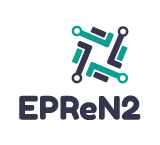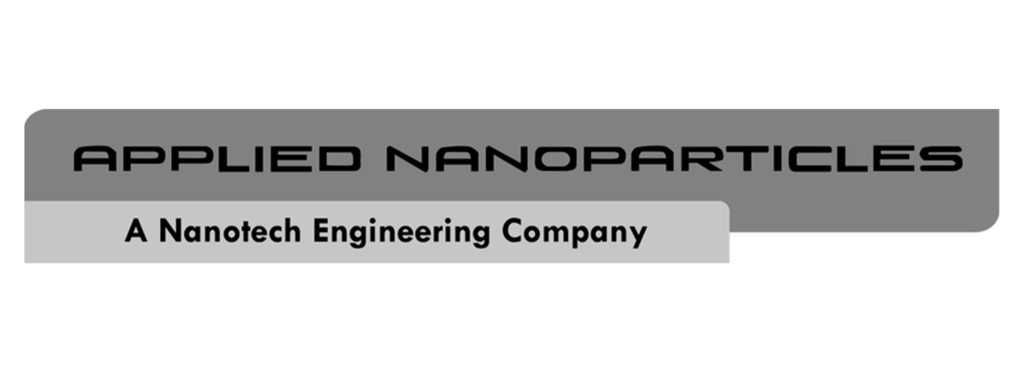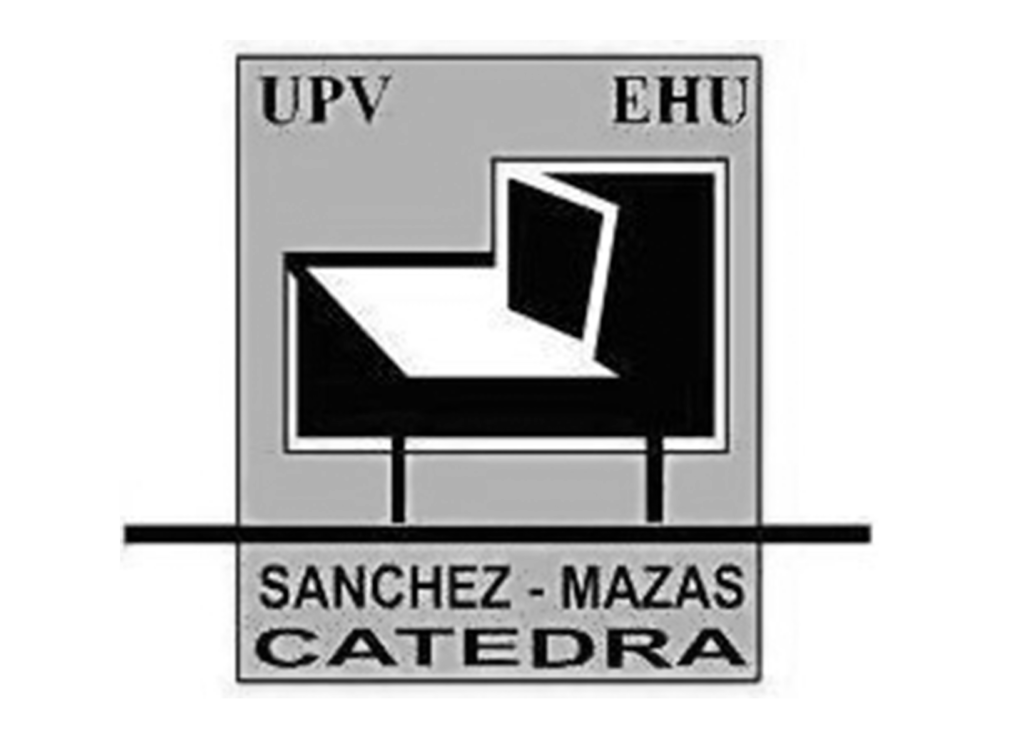About

Engaging Publics for Responsible Nanoscience & Nanotechnology (EPReN2) is an interdisciplinary project based in Barcelona and its surroundings, whose focus is on better embedding nanotechnologies into societies while engaging publics. This engagement is fueled by collective reflection on the possible futures of new emerging technologies –from researchers to representatives of the general public-. Hereby, nanotechnology and, more specifically, e.g. nanomedicine, are relevant topics for both sides, research and publics. Therefore, these two dimensions are put into the center of our attention.
To the extent that our approach identifies, constructs and systematizes complex knowledge about the future of nanomedical innovation, it enables policymakers, entrepreneurs, professionals, researchers, investors and other social actors to better understand the risks and opportunities of the innovation process.
Our approach is based on implementing foresight tools within the framework of establishing a network of actors capable of designing future socio-technical scenarios. This serves as a starting point for deliberating and understanding the perceptions, attitudes, beliefs and knowledge of the public regarding nanomedicine. This epistemic subject is formed as it constructs and deliberates on futures, in the most open and representative manner possible. In this sense, our approach is radical as it seeks to involve the public in the most representative way possible, ensuring that their voices reflect the diversity of desires, demands, values, etc. present in society.
Team Members

ANDONI
IBARRA
Principal Investigator (PI)
Professor of Philosophy of Science at the University of the Basque Country (UPV/EHU). His research focuses on the relational perspectives for the assessment of science and technology based on the connectivity of their practices.

DAVID ÁLVARO MARTÍNEZ
Co-Investigator (Co-I)
Pre-doctoral Researcher in Philosophy, Science & Values at the University of the Basque Country (UPV/EHU). His research relates to the implementation of open anticipatory practices in nanotechnology & nanomedicine.

ARNAU
BRASÓ
Sociopolitical Analyst
Master Student in International Relations at the Institut Barcelona d’Estudis Internacionals (IBEI). He is interested in a better understanding and engaging of international societal global affairs.

KAREN
MEJÍA
Technical Advisor
Pre-doctoral Researcher in Chemistry at the Institut Català de Nanociència i Nanotecnologia (ICN2). Her research focuses on the synthesis & characterization of inorganic nanoparticles for nano & biotechnological applications.

RAMÓN G.
RIOJA
Technical Advisor
Pre-doctoral Researcher in Design & Pharmacokinetics at the Vall d’Hebron Institut de Recerca (VHIR). His research focuses on the synthesis, characterization & applications of inorganic nanoparticles in medicine.
Open anticipatory governance
The level of uncertainty and causal complexity of disruptive innovation processes such as Applied Nanoparticles S.A.‘s nanotechnology applied to medicine present difficulties for a traditional risk analysis, prospective or forecast approach. These empirical-predictivist models have given way to foresight methods, capable of expanding the scope and quality of the knowledge produced, while engaging audiences in reflecting on the purposes or values underlying the innovation process.
Foresight tools have proven to be a fundamental instrument proposed by Future Studies to improve critical awareness about the way the future is being shaped through science and technology in the present. Different variants of these tools are applied, for example, at the level of the European Union for the design of the Science, Technology and Innovation Framework Programs. In 2020 the Strategic Foresight Network was created that applies these tools to the definition of large Union strategies. Unlike other forecasting methodologies, the strategy based on foresight does not work only with historical data or linear prediction models, but rather opens up to a wide range of future socio-technical scenarios while being situated in the present.
Applying these instruments does not entail predicting the future, but rather designing and deliberating on possible future scenarios. The fruit of this deliberation is the knowledge and courses of action that we can apply today, while empowering social actors, integrating knowledge systems and creating spaces for transformation and design of alternative futures. This is what we call anticipatory governance.
Why Applied Nanoparticles?
The choice to work with Applied Nanoparticles is not only based on their technical capacity, but also on their commitment to the co-construction of knowledge and the production of innovation sensitive to social demands. The relationship between the company and the project goes beyond mutual dependence, seeking to modulate the innovation process and adopt a perspective of co-creation of knowledge. The “socio-technically responsible nanotechnology” approach implies research that is more attentive to the demands of society and the territory.
Through different research groups at the ICN2 and the VHIR, Applied Nanoparticles collaborates in research on new highly promising nanomaterials in medicine, such as nanoceria. Nanoceria are small glasses of cerium oxide at nanometric level that stand out in medicine for their antioxidant and anti-inflammatory capacity. They can penetrate every cell in the body, addressing diseases from neurodegenerative to cardiovascular and cancer. In addition, they are useful for (anti)aging, improving cellular health and the functioning of the body holistically.
New nanomaterials such as nanoceria are still in very early (pre-clinical) phases of the regulation process and it is recognized that there is both a positive and negative social perception towards nanomedicine and nanocosmetics (both fields in which nanoceria would operate). Therefore, the aim is to address this type of perceptions through the co-production of knowledge with the active participation of social actors.
Our Approach

Diverse Audiences
We promote an involvement of different publics whether or not they have prior knowledge of nanotechnologies.

Relationality
We enhance the creation of capacities, conditions and activities that generate an interactive learning process.

Actor-Network
The focus of our attention is not just oriented towards individual actors, but rather towards a network of actors.

Collective Knowledge
A more (socially) robust knowledge is co-produced as a result of sustained interactions and relations.

Open Activities
We facilitate the implementation of radically open learning activities decided by the actors themselves.

Anticipatory Governance
We seek future-oriented interventions in the present based on the interactions and agreements between the rulers and the ruled.
